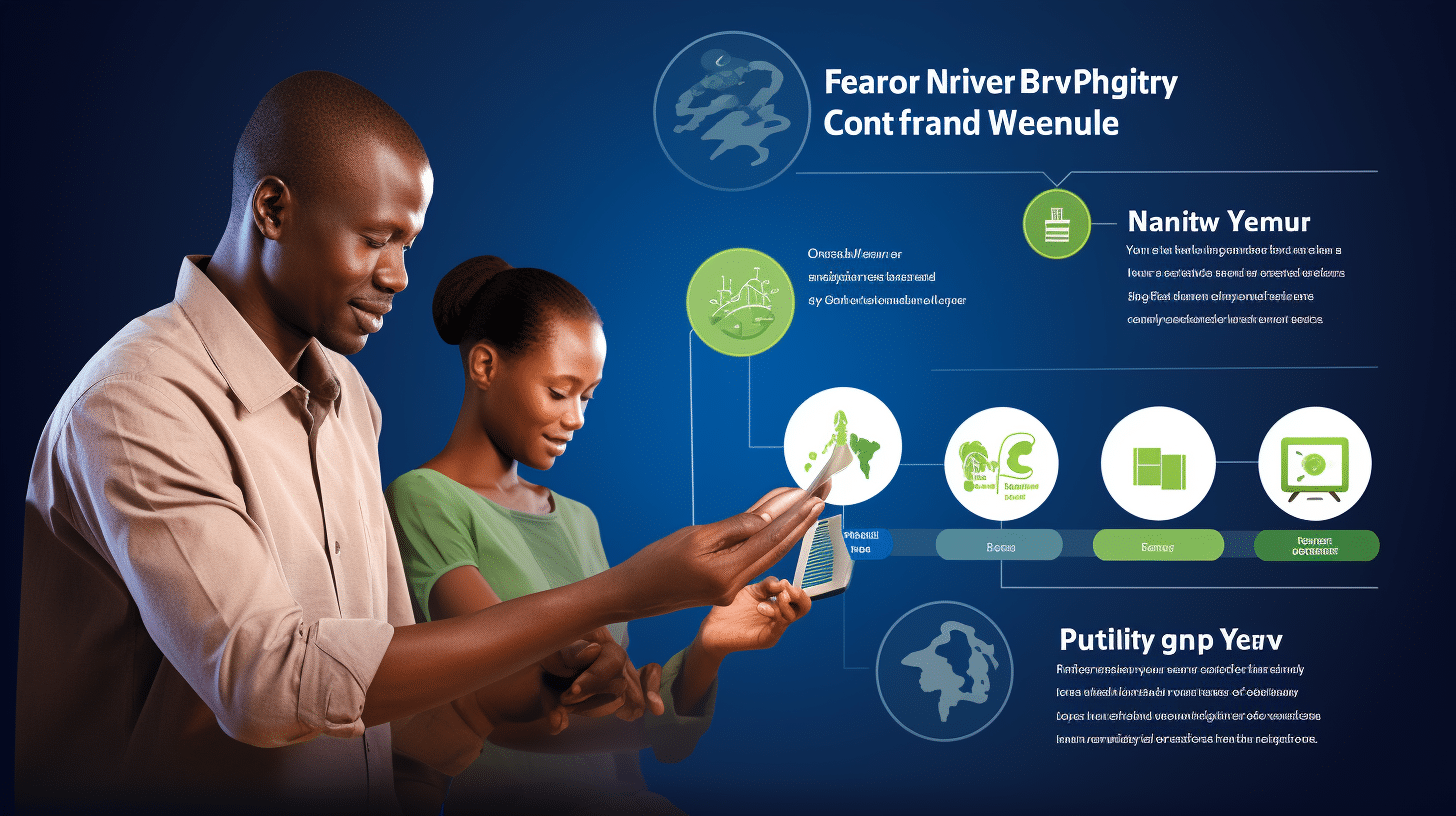How to pay for Kenya power bills
Kenya power is a limited company which supplies electricity to Kenyans, connection is done at some connection fee which is not less than thirty five thousand Kenya shillings, and Kenya power has the duty to distribute power to all its clients. The headquarter offices of Kenya power are at Stima plaza, Kolobot road at Parklands. Kenya power also owns a college which offers electric related courses, installation and construction of overhead. Kenya power been a monopoly in the Kenyan Market, it enjoys billions of generated revenue annually.
Kenya power offers different ways of paying bills for consumer convenience, Safaricom company in conjunction with Kenya power company have come up with a M-pesa payment mode, the Safaricom customers select pay bill with M-pesa, then enter the Kenya power business number 888 888 for post paid meters and 888 880 for pre paid meters, they enter the Kenya power account number and the amount they want to pay which should range between hundred Kenya shillings to Thirty five Kenya shillings, after entering the amount, the payment menu will require you to enter your PIN number. You should confirm that all the details are correct then send, you will receive a confirmation massage of the transaction. It will take 48 hours for the account to be updated.
Airtel company also offers a similar service like Safaricom for Kenya power bill payment, choose money from Airtel money menu and press ok, under the nickname field enter Kenya power, enter the full amount you intent to pay, enter the Airtel money password, on the reference enter full Kenya Power account number, confirm if the details are correct then send, you will receive a confirmation message of your transaction. Kenya power takes 48 hours to update the account.
Kenya power offers an option to its customers to pay by cash, it has authorized some financial institutions to receive bill on its behalf, and the counters of such institutions are clearly marked. Some of the institutions include; Postal corporation of Kenya, Uchumi supermarkets, Co-operative Bank, National Bank of Kenya, Post Bank, Barclays Bank and Standard Chartered Bank. The authorized financial institutions allow cheque deposits for the payment of the bills.
Co-operative Bank offers M- banking which clients can also use to pay for electricity bills, to use the M- banking service, one must be registered their Kenya power account number with the service.
The Kenya power electricity bill can be checked in many ways, one of the ways is by use of mo bile phone, the first step is to create a text message with only the first part of your Kenya power account number, send the text message to 95551, and you will automatically receive your Kenya power bill in a text form.
One can check electricity bill using email, this service is mostly used by post paid customers, type the first part of the account number as the subject then send to [email protected] and you will receive a reply giving the details of your bill. Kenya power issues their bills to their consumers through text messages and statement.
Customers can practice many ways of keeping their bill down, some of the ways include bathing with cold water instead of using water heaters, turn the fridge only when it is necessary, keep the fridge doors seals tight to keep the cold air in, use energy saving globes, turn off any power connections even mobile chargers consume power even when the mobile is not plugged in, use other ways of preparing food instead of electric cookers, micro wave and electric oven.



0 comments